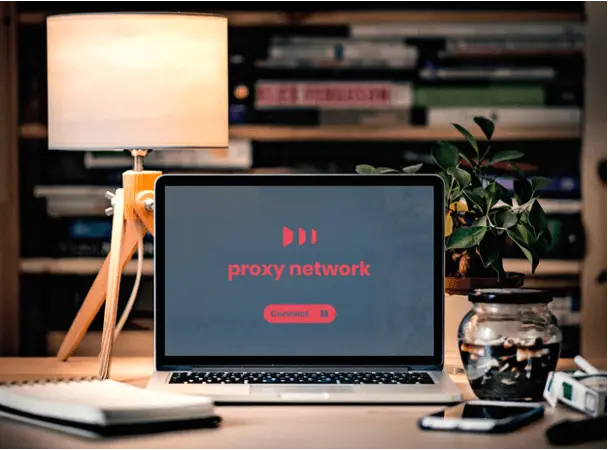Suppose you’re an e-commerce apparel business that wants to analyze its competitors by checking pricing data on their websites. Turns out you cannot access most websites due to geo-restrictions. Even the ones you can access block your IP because you’ve sent too many requests.
Should you give up on competitor analysis? Nope.

Proxies are the ultimate go-to in such a situation. They are intermediaries that let you access data from your preferred websites without exposing your IP address.
Both web and mobile proxies are available for this purpose. Since 58.33% of the global website traffic comes from mobile devices, it makes sense for you to choose a proxy for mobile.
What Is a Proxy for Mobile?
At its core, a mobile proxy works just like any other proxy type. It acts as an intermediary server, so the target website cannot see the request coming from your IP address.
How Mobile Proxies Differ From Other Proxies
The main difference between mobile and data center or residential proxies is that the former has the IP addresses given to mobile phone users. So, the target website sees the request coming from a 4G or 3G connection.
To clarify, let’s compare a mobile proxy to a residential one. The latter has the IP address given to a computer by an Internet Service Provider (ISP) in an actual physical address.
A proxy provider that sources proxies ethically will get consent from the residents of that property to use their IP address. A mobile proxy does not take its IP address from a home internet connection. Instead, it gets the IP from mobile carriers.
How Can Mobile Proxies Provide Online Anonymity?
Mobile proxies are helpful for both individual internet users and businesses. Let’s discuss their use cases for both parties.
Individual Users
Let’s say you want to browse the web anonymously. You can use a mobile proxy to do so.
Similarly, if you want to access content geo-blocked in your country, a mobile proxy from the website’s target country can let you in.
Mobile proxies also have a fast internet connection. The cache storage system in these proxies enhances connection speed by disabling direct downloads.
Businesses
Businesses use proxies for many reasons, from SEO monitoring to ad verification. A proxy for mobile can assist in many of these use cases.
For example, businesses can use mobile proxies to manage multiple brand social media accounts. Companies often have multiple social media managers to oversee their online presence. These managers may use different devices from different locations to log into these accounts, prompting IP bans.
Mobile proxies can help avoid this issue. Businesses can provide different IPs to their social media account managers.
Like individual users, brands also need to access geo-restricted content. That’s especially true for businesses with an international presence.

They may need to see how their global competitors are performing. Or they may want to determine the consumer sentiment about a new product they’ve launched or their brand in general.
With a mobile proxy, businesses can access content from any website without restriction.
On top of that, mobile proxies are helpful in ad verification. As mentioned, over half the web traffic now comes from mobile phones.
So, it’s more important than ever for companies to know how their ads show on mobile phones. Businesses can use mobile proxies to see how their ads appear in different countries and on various devices.
Mobile Proxies and IP Blacklisting: How Likely Is It?
Using proxies often comes with a risk of IP blacklisting. If the target website suspects bot-like behavior, it could ban or blacklist your proxy’s IP address.
Mobile proxies are relatively more secure in this regard. Telecommunications companies use Carrier-Grade NAT (CGNAT), a modern technology for network address translation. This technology allows several users to share the same IP address.
Let’s say a website suspects your mobile proxy’s IP of non-human behavior. It will hesitate to block the IP address because that could inadvertently block thousands of other genuine users.
Due to this, there’s a lower risk of IP blacklisting when using mobile proxies. After all, no website wants to lose hundreds of legitimate visitors.
Despite this technology, mobile proxy users should exhibit caution if they use these proxies for web scraping. Reading the target website’s robots.txt file is best to get the scraping guidelines.
Also, avoid bombarding the website with hundreds of requests at once. Space the request interval to minimize suspicion.
Conclusion
Using a proxy for mobile can keep you anonymous on the web and let you access geo-restricted content. The key is to use paid proxies from reliable sellers.
Doing so will help you avoid the risk of IP blacklisting and keep your digital footprint hidden.



